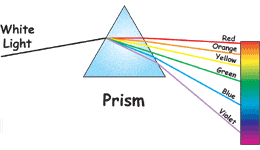- The sun is over 300,000 times larger than earth .
- Because of gravity, a person who weights 100 pounds on earth would only weight 38 pounds on the surface of mars.
- Scientists have dated the earth to be between 4 to 5 billion years old!
- Natural gas doesn't have a smell, strong smells are added to it by humans so they can detect it ( like propane, gasoline,diesel, etc.).






